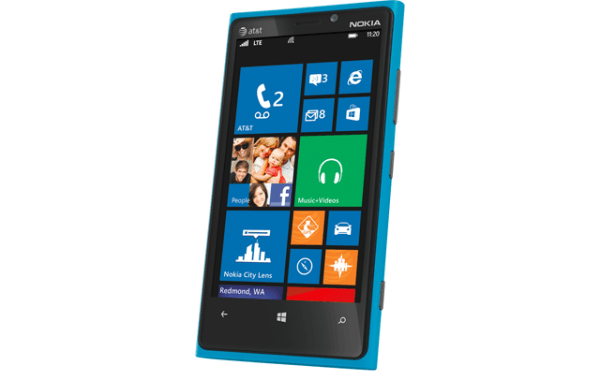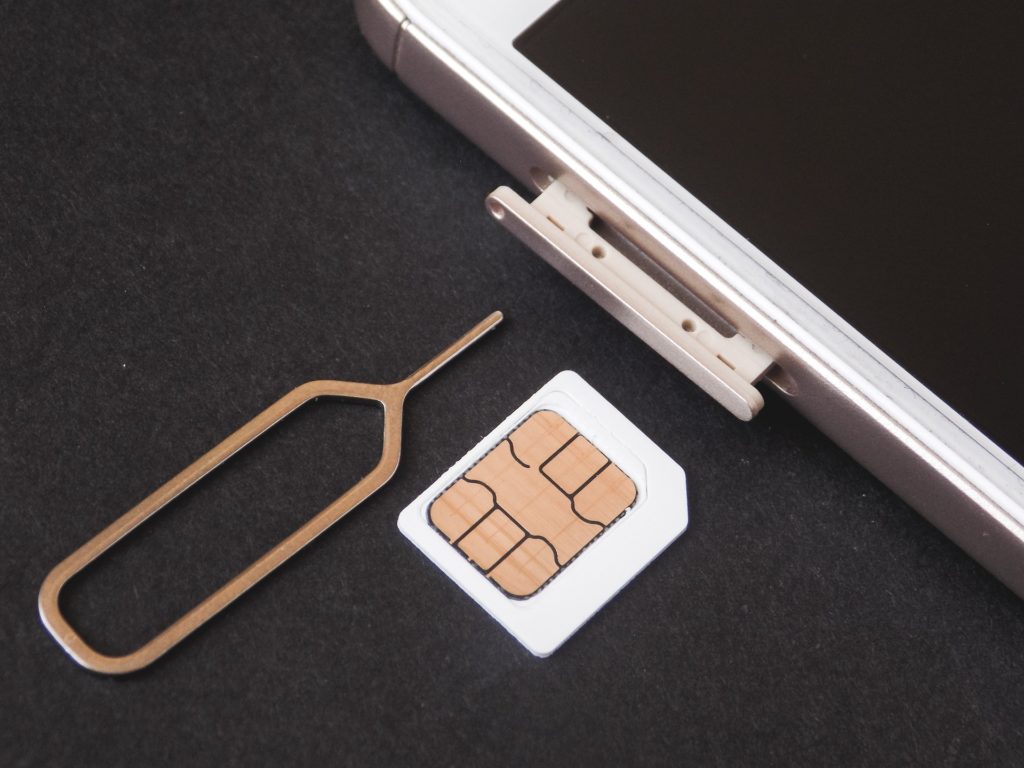According to market share data, both Microsoft and BlackBerry fall into the “also-ran” category, so far behind Android and iOS that their combined share of the market is almost negligible. Gartner data from Q4 2012 pegs Android on top with almost 70 percent of the market, followed by Apple’s iOS at 21 percent. BlackBerry (formerly Research In Motion) has a mere 3.5 percent, and Microsoft drags in behind BlackBerry at 3 percent.
Yes, BlackBerry is ahead of Microsoft…for now. The trends are not in its favor, though. Comparing Q4 2012 to Q4 2011, BlackBerry plummeted 60 percent, while Microsoft grew its market share by 67 percent. That’s on the heels of Q3 2012, where BlackBerry lost 52 percent of its market share compared with Q3 2011, while Microsoft jumped 60 percent year over year. Judging by the last two quarters, Microsoft is gaining momentum in the right direction, while BlackBerry is picking up steam on a path to the bottom.
To be fair, this data is before RIM had the big BlackBerry 10 launch and rebranded the company as BlackBerry. It seems that the Z10 smartphone had a successful launch day in Canada and the UK (it is not yet available in the United States). It’s safe to assume that BlackBerry will have a spike in market share as a result of the pent up demand from BlackBerry customers who’ve waited for years for a smartphone worthy of being compared to an iPhone, or a Samsung Galaxy SIII.
On the flip side, despite the appearance that inertia is on its side, Microsoft Windows Phone sales are not all that impressive. When you only have 1.5 percent market share in the first place, a 60 percent jump still only brings you to 2.4 percent. The perspective is all in how you spin the numbers. Apple lost 2.7 percentage points of market share between Q4 2011 and Q4 2012–three times more than Microsoft’s Q3 2011 to Q3 2012 gain–but it only equates to an 11 percent drop because iOS was starting from a much larger share of the market to begin with.
Microsoft will still win in the long run. Once BlackBerry exhausts the initial demand for the Z10 from its existing customer base sales will stagnate. The Z10 is nice, but it doesn’t really raise the bar in any appreciable way, and it won’t convince average consumers to switch from Android or iOS. Meanwhile, businesses invested in the BlackBerry infrastructure will continue drifting toward BYOD (Bring Your Own Device) policies which will further marginalize BlackBerry, or they’ll look for a suitable alternative–which may very well be Windows Phone.
What Microsoft has that BlackBerry doesn’t is a complete ecosystem. Android provides a similar ecosystem for businesses that use Google Apps and other Google tools, and iOS has an integrated ecosystem for people who use iOS and Mac OS X and iCloud. Companies that use Microsoft Windows PCs, and rely on the tools in the Microsoft Office productivity suite, have a vested interest in choosing a Windows Phone smartphone that integrates smoothly with that culture. Windows Phone uses the same tools, and delivers a more consistent experience from desktop to laptop to tablet to smartphone than BlackBerry is capable of.
Granted, I’m talking about duking it out for a distant third–not market dominance. Will Microsoft ever surpass iOS or Android in the mobile arena? Highly doubtful. Let’s be honest–no, it won’t. But, it has a better chance than BlackBerry of expanding its mobile market share to make it a more equitable three-way race.
- Building Security for a World That’s Already Changed - December 19, 2025
- Cybersecurity’s Quiet Revolution: What We’re Missing While Chasing the Hype - December 18, 2025
- Semperis Confronts the Identity Chaos Exposed by AI Search - December 11, 2025



